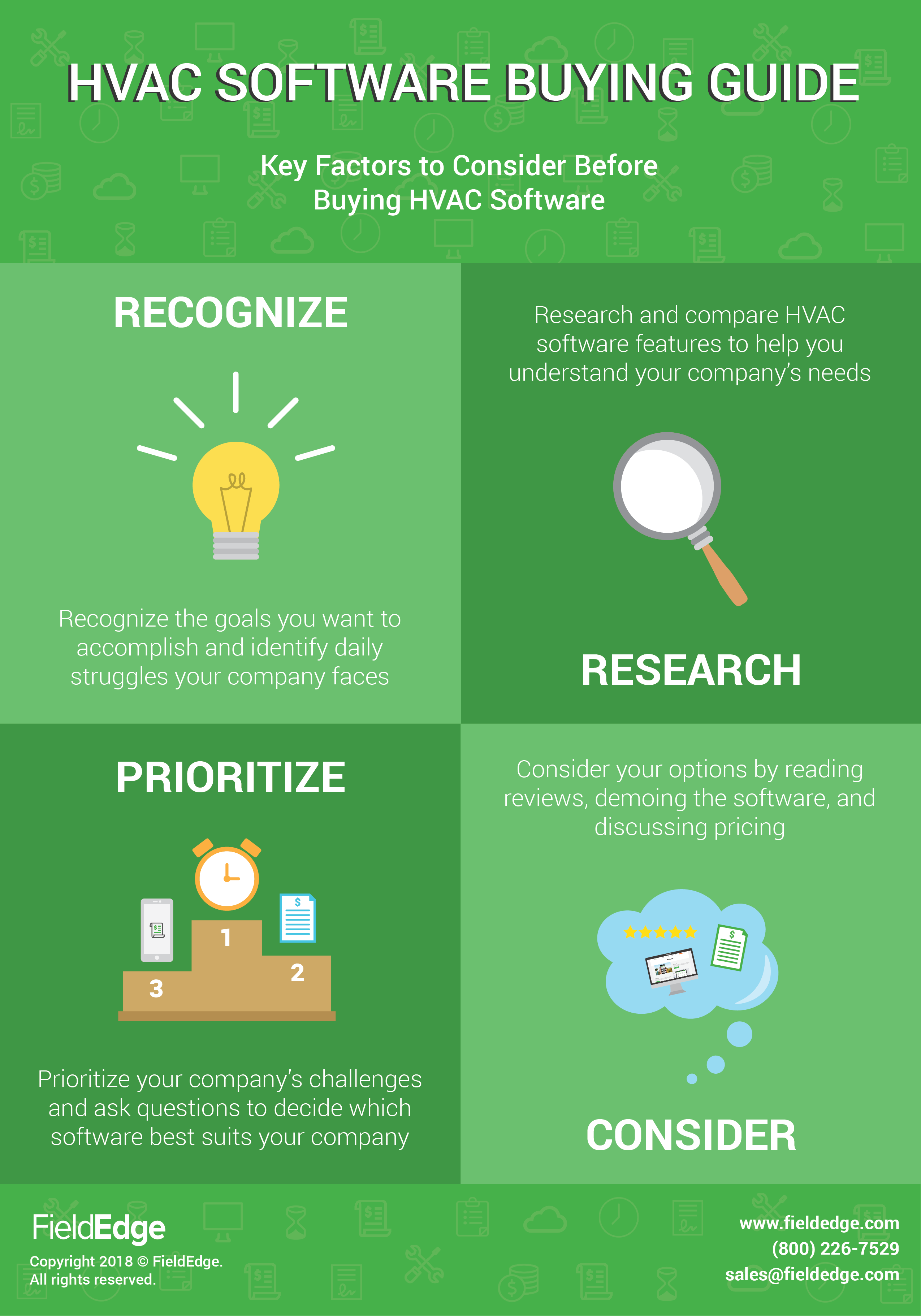The Future Of Home Home Heating - Exactly How Heatpump Technology Is Progressing
The Future Of Home Home Heating - Exactly How Heatpump Technology Is Progressing
Blog Article
Published By-Rosenthal Dominguez
Heat pumps will be a vital technology for decarbonising heating. In a situation constant with governments' revealed energy and environment commitments, their international ability increases by 2030, while their share in heating rises to one-quarter.
They work best in well-insulated homes and rely upon electrical energy, which can be supplied from a sustainable power grid. Technical breakthroughs are making them more efficient, smarter and cheaper.
Fuel Cells
Heat pumps utilize a compressor, cooling agent, coils and followers to move the air and warm in homes and home appliances. They can be powered by solar power or electricity from the grid. They have been gaining appeal as a result of their affordable, silent procedure and the capability to produce electricity during peak power demand.
Some firms, like IdaTech and BG MicroGen, are servicing fuel cells for home heating. These microgenerators can replace a gas central heating boiler and produce some of a residence's electrical requirements with a connection to the electrical energy grid for the rest.
Yet there are factors to be skeptical of using hydrogen for home heating, Rosenow states. It would be expensive and ineffective compared to various other technologies, and it would include in carbon discharges.
Smart and Connected Technologies
Smart home technology enables home owners to link and manage their devices from another location with the use of mobile phone apps. For example, wise thermostats can learn your heating preferences and immediately get used to maximize power consumption. Smart illumination systems can be regulated with voice commands and automatically turn off lights when you leave the area, minimizing power waste. And smart plugs can keep an eye on and handle your electrical use, enabling you to recognize and limit energy-hungry devices.
https://average-cost-to-replace-c87531.blogoxo.com/29443398/the-ultimate-overview-to-comprehending-heat-pumps-just-how-do-they-function -savvy household illustrated in Carina's meeting is a good picture of how occupants reconfigure space home heating practices in the light of brand-new wise home modern technologies. They count on the tools' computerized attributes to execute everyday adjustments and regard them as a convenient methods of performing their heating practices. Therefore, they see no factor to adapt their techniques additionally in order to allow versatility in their home energy demand, and interventions aiming at doing so might encounter resistance from these homes.
Electrical energy
Given that warming homes represent 13% people exhausts, a switch to cleaner alternatives can make a large distinction. Yet the innovation faces obstacles: It's expensive and requires considerable home restorations. And it's not always compatible with renewable energy sources, such as solar and wind.
https://commercialofficecleanings51738.blog2freedom.com/29328279/debunking-typical-misconceptions-and-mistaken-beliefs-concerning-warmth-pumps , electric heat pumps were too costly to take on gas versions in a lot of markets. However new developments in layout and products are making them much more budget friendly. And much better cool climate efficiency is enabling them to function well even in subzero temperatures.
The next step in decarbonising home heating may be the use of warmth networks, which draw heat from a main source, such as a nearby river or sea inlet, and disperse it to a network of homes or structures. That would certainly lower carbon exhausts and enable families to make use of renewable energy, such as eco-friendly power from a grid supplied by renewables. This choice would certainly be less pricey than switching to hydrogen, a nonrenewable fuel source that needs new infrastructure and would only lower CO2 exhausts by 5 percent if paired with improved home insulation.
Renewable Energy
As electrical energy prices drop, we're starting to see the exact same trend in home heating that has driven electrical autos into the mainstream-- but at an even much faster pace. The solid climate case for electrifying homes has been pressed better by new research.
Renewables account for a considerable share of contemporary heat usage, but have actually been offered minimal plan attention internationally compared to various other end-use sectors-- and even less focus than power has. Partly, this reflects a mix of consumer inertia, split motivations and, in lots of countries, subsidies for nonrenewable fuel sources.
New innovations could make the shift easier. For please click the up coming post , heatpump can be made extra energy reliable by changing old R-22 refrigerants with new ones that don't have the high GWPs of their precursors. Some professionals also imagine area systems that attract heat from a neighboring river or sea inlet, like a Norwegian arm. The warm water can after that be made use of for cooling and heating in an area.